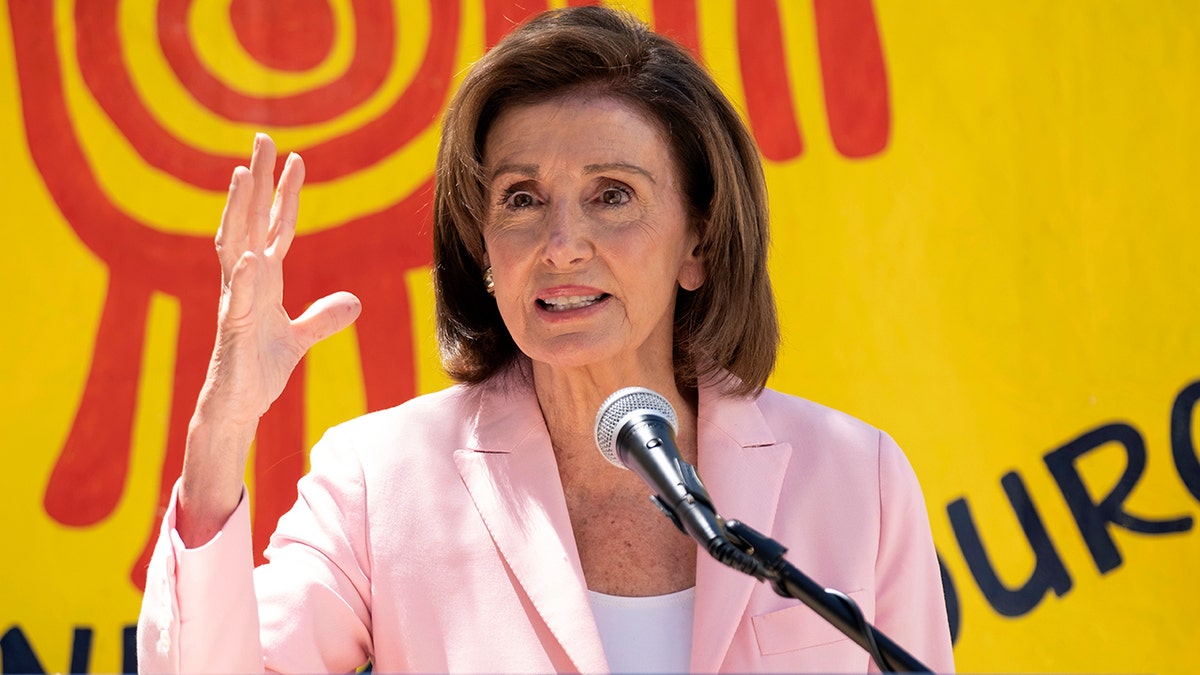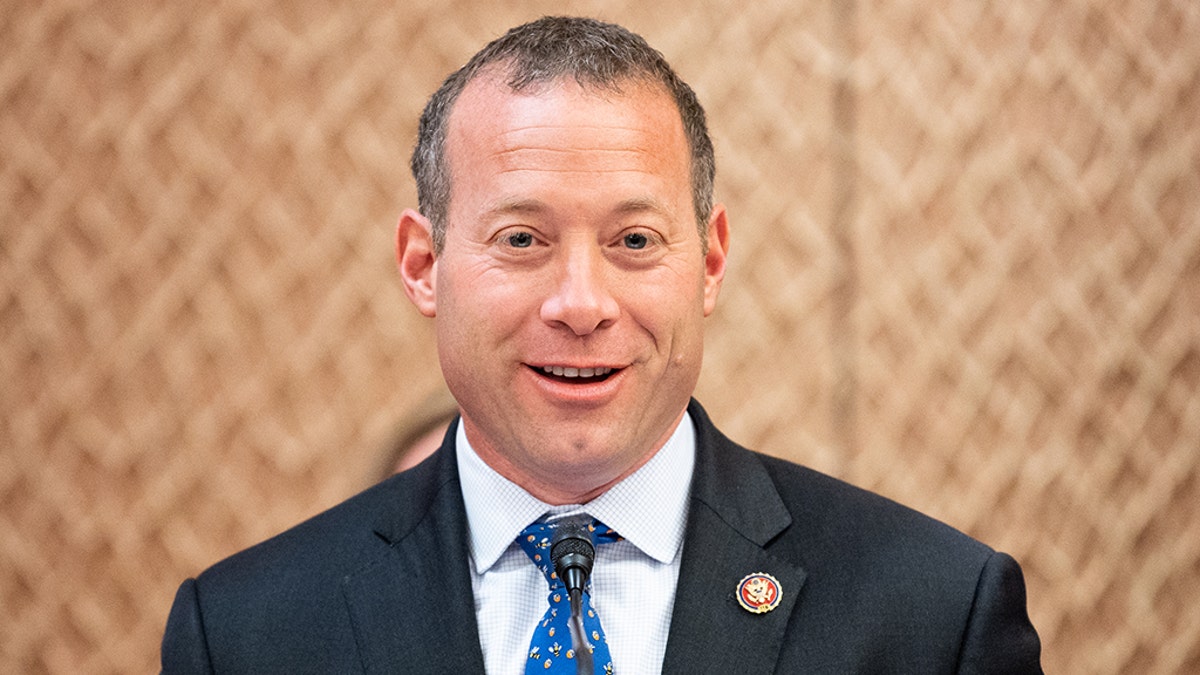Fox News Flash top headlines for August 16
Fox News Flash top headlines are here. Check out what's clicking on Foxnews.com.
Moderate Democrats appeared Sunday to reject a move by House Speaker Nancy Pelosi to split the difference between them and party progressives on whether to pass the bipartisan infrastructure bill first or delay it until after the Senate produces a reconciliation bill, including Democrats' $3.5 trillion spending plan.
"While we appreciate the forward procedural movement on the bipartisan infrastructure agreement, our view remains consistent," the nine Democrats who promised to block their party's budget resolution until the House passes the infrastructure bill said.
"We should vote first on the Bipartisan Infrastructure Framework without delay and then move to immediate consideration of the budget resolution," the members added.
Pelosi, D-Calif., said Sunday she asked the Rules Committee to weigh "a rule that advances both the budget resolution and the bipartisan infrastructure package."
MODERATE DEMS DEFY PELOSI AND ‘SQUAD,’ BLOCK $3.5T SPENDING PLAN UNTIL INFRASTRUCTURE PASSES
The speaker's proposed half-measure would essentially tie one procedural step of passing the bipartisan infrastructure bill to the same step in the House passing the budget resolution. But that would not change Pelosi's fundamental position, her chief spokesman Drew Hammill said: The infrastructure bill won't pass until the Senate produces a reconciliation bill – a process that could drag well into the fall.

House Speaker Nancy Pelosi speaks at a press event regarding the Emergency Rental Assistance program in San Francisco, Tuesday, Aug. 10, 2021. (AP Photo/Nick Otto) (AP Photo/Nick Otto)
And the group of nine moderates, led by Rep. Josh Gottheimer, D-N.J., said Sunday night that Pelosi's minor concession won't be enough for them to dial back their demands. The chamber should vote on the infrastructure bill immediately, they said.
"We simply can't afford any delays," they said. "As Democrats, we remain committed to working with our colleagues to advance the president's agenda, including getting this bill to the president's desk."
The other eight Democrats in the group of moderates are Reps. Jared Golden, D-Maine; Carolyn Bourdeaux, D-Ga.; Filemon Vela, D-Texas; Henry Cuellar, D-Texas; Vicente Gonzalez, D-Texas; Ed Case, D-Hawaii; Jim Costa, D-Calif.; and Kurt Schrader, D-Ore.
Before its members left town for August recess, the Senate passed the bipartisan infrastructure bill, which was considered a victory for President Biden and moderates in both parties. It also passed a budget resolution to trigger the budget reconciliation process that allows Democrats to avoid the Senate filibuster and therefore pass the rest of Biden's agenda without GOP votes.
The budget resolution will need to pass the House so the Senate can begin the process of drafting and passing the actual reconciliation bill.

Rep. Josh Gottheimer, D-N.J., speaks at a press conference sponsored by the Problem Solvers Caucus at the U.S. Capitol in Washington, D.C. Gottheimer leads a group of moderate Democrats that is pushing House Speaker Nancy Pelosi, D-Calif., to pass the bipartisan infrastructure bill before Democrats' $3.5 trillion spending plan. (Photo by Michael Brochstein/SOPA Images/LightRocket via Getty Images)
But there are some moderate Democrats in both chambers who are not excited about spending $3.5 trillion in a single bill. And progressives are very suspicious that those members might torpedo their reconciliation bill. So many of the further-left members of the party, with the support of Pelosi, are swearing that they'll block the infrastructure bill until they have a guarantee the moderates will support reconciliation.
The nine moderates struck back last week, however, with their own demand: The House must pass the infrastructure bill before they'll vote on the budget resolution. The group is outnumbered by the progressives, but they have the leverage, if they stick together, to block the budget resolution. This is because of Democrats' narrow margin in the House and the fact Republicans uniformly oppose the $3.5 trillion spending plan.
This sets up an untenable stalemate for congressional Democrats that will stall the two biggest remaining pieces of the president's economic agenda until one side caves.
CLICK HERE TO GET THE FOX NEWS APP
The moderates' Sunday statement makes it appear they don't plan to do so. But it is not as strong as their initial letter to Pelosi last week in which they said they "will not consider" the budget resolution until the infrastructure bill is law.
Pelosi, meanwhile, is emphasizing that the infrastructure bill doesn't go far enough and that Democrats need to vote for the budget resolution.
"We salute the passage of this bill and the bipartisan nature of it. It is not, however, inclusive of the totality of President Biden and Congressional Democrats’ vision to Build Back Better," she said in a letter to her colleagues. "Let us proceed united, respectful of everyone’s views and determined to deliver the results we need in the weeks ahead."














































